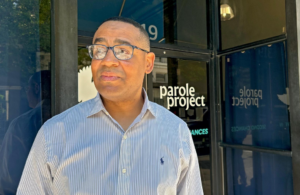Mike Gachot relies on his team to ensure the warehouse he manages runs efficiently. The Baton Rouge facility is a repository for decommissioned state property, with assets, ranging from automobiles, to electronics, to furniture, and lab equipment. After being received they are cataloged and prepared for auction, the mission being to return as much revenue as possible back to the state. The warehouse’s space limitations present a constant challenge for dealing with the large volume of inventory moving through the agency.
Hired in 2018 as a warehouse worker, Mike was swiftly promoted to manager. Now, one of his primary responsibilities is finding qualified men and women to fill existing job vacancies and staff new positions. To do this Mike turns to a known and reliable source: formerly incarcerated applicants, especially the clients of Parole Project. A former client himself after 26 years of incarceration, Mike understands the gauntlet of demonstrable rehabilitation individuals must go through to show they are suitable for parole or commutation and the perseverance and strength of character needed to successfully navigate the transition from prison to society.
Operating on outdated and false assumptions, many employers automatically reject formerly incarcerated. A 2016 study by the Center for Economic Policy and Research estimates that excluding people with criminal convictions from the workforce subtracts at least $78 billion annually from the nation’s gross domestic product. Gachot sees their loss as his gain. To date, the warehouse has hired eight Parole Project clients in secure, full-time jobs that pay a living wage and offer benefits like health insurance and retirement. In return, the warehouse has gained eight skilled and highly motivated employees.
While Mike can only hire a handful of the 16,000 or so individuals who will return to their communities across Louisiana after being released from prison or jail this year, all is not lost. There is a rising tide of bipartisan support for statewide initiatives like Return for Good that encourages employers to hire formerly incarcerated men and women. Prisons are expanding employment training programs to equip them with specialized skills and professional experience. The “Ban the Box” movement is making the job application process open to those with felony convictions. Restrictions on some professional licenses have been lifted and campaigns like #workforcewednesdays are seeking to educate employers about the state and federal incentives available to those who hire formerly incarcerated people.
This is encouraging news for the thousands of people who will leave prison with newly acquired certifications in carpentry, automotive technology, construction, food and beverage safety, welding HVAC, and OSHA 30 workplace safety and health. Its even better news for Louisiana citizens and for public safety. The leading deterrent to recidivism, or returning to jail or prison, is employment. When formerly incarcerated people are able to find living wage, stable jobs they are far less likely to commit another crime and fewer offenses translate to safer communities.
“Employment is essential to reducing crime,” said two-term Governor of Louisiana John Bel Edwards in a joint statement with the Department Public safety and Corrections, the Louisiana Workforce Commission, Right On Crime to promote the launch of Return for Good. Edwards is encouraging employers to get on board with more open-minded hiring policies and to “stop furthering punishment on men and women who have paid their debt to society.” On this point, Gachot is already one step ahead. “It’s more than just giving somebody a second chance at getting a job. You have to be the kind of employer that skilled people want to work for. Sure, you are doing them a favor by overlooking their past but it won’t be long before you feel like the lucky one to have them on staff. These are the kind of employees you want to hold on to.”
Photo caption: Surplus property warehouse manager Michael Gachot (center) with his crew of formerly incarcerated Parole Project clients (left to right) Bob, Eugene, Terrance, Alicia, Michael and Alex




